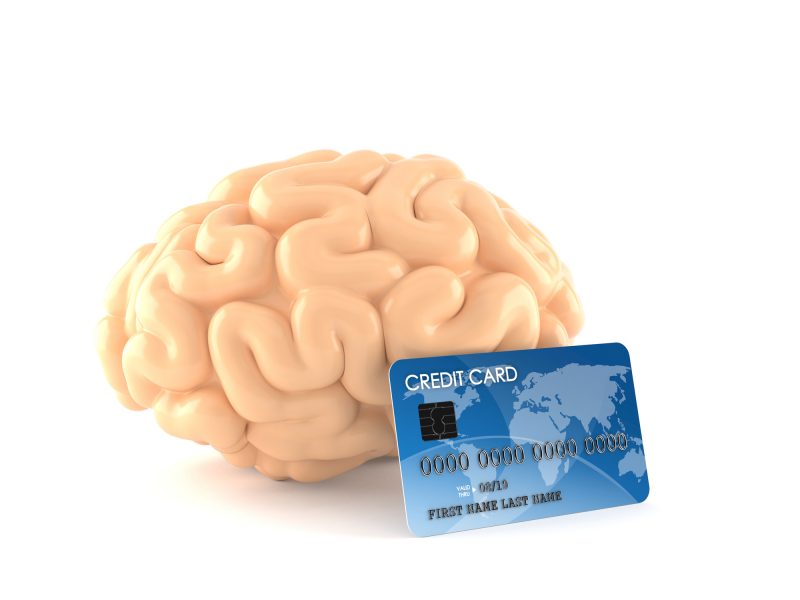Abstract:
Values are attributed to goods during free viewing of objects which entails multi- and trans-saccadic cognitive processes. Using electroencephalographic eye-fixation related potentials, the present study investigated how neural signals related to value-guided choice evolved over time when viewing household and office products during an auction task. Participants completed a Becker-DeGroot-Marschak auction task whereby half of the stimuli were presented in either a free or forced bid protocol to obtain willingness-to-pay. Stimuli were assigned to three value categories of low, medium and high value based on subjective willingness-to-pay. Eye fixations were organised into five 800 ms time-bins spanning the objects total viewing time. Independent component analysis was applied to eye-fixation related potentials. One independent component (IC) was found to represent fixations for high value products with increased activation over the left parietal region of the scalp. An IC with a spatial maximum over a fronto-central region of the scalp coded the intermediate values. Finally, one IC displaying activity that extends over the right frontal scalp region responded to intermediate- and low-value items. Each of these components responded early on during viewing an object and remained active over the entire viewing period, both during free and forced bid trials. Results suggest that the subjective value of goods are encoded using sets of brain activation patterns which are tuned to respond uniquely to either low, medium, or high values. Data indicates that the right frontal region of the brain responds to low and the left frontal region to high values. Values of goods are determined at an early point in the decision making process and carried for the duration of the decision period via trans-saccadic processes.


